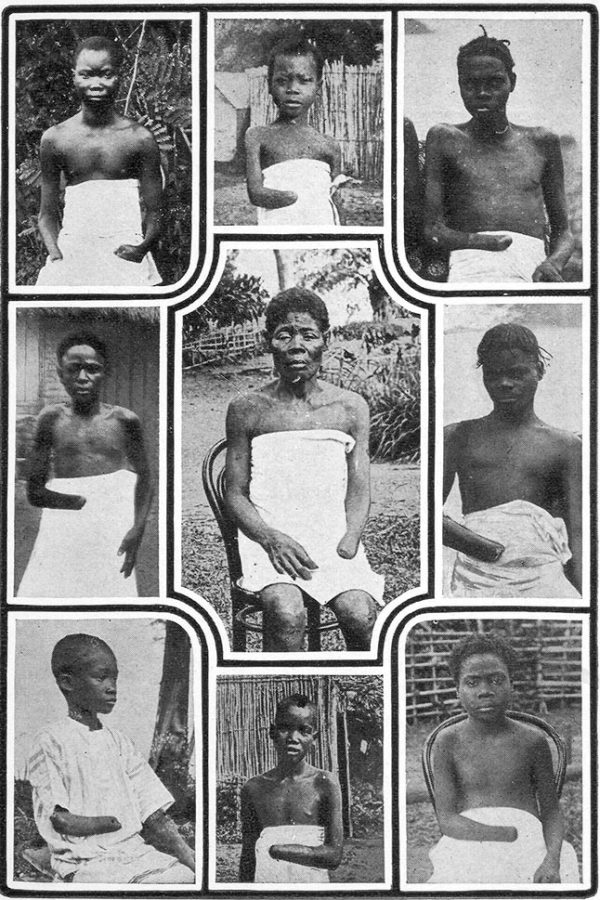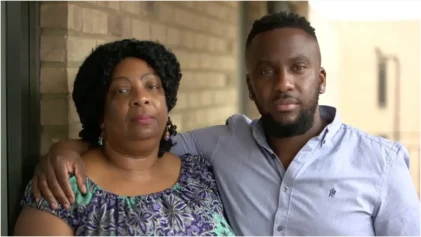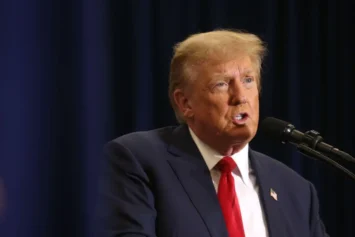Burundi is preparing to call on Belgium and Germany to pay reparations for the harm those two countries inflicted on the East African nation under colonial rule, and a preliminary compensation figure been determined: $43 billion. Last month, a Democratic Republic of Congo official called on Belgium to pay reparations to the victims and descendants of victims of the Belgians’ brutal era of colonization.
In addition to paying reparations, Burundi wants Belgium to return stolen artifacts that were taken between 1899 and 1962.
In 1890, Burundi became a part of the German protectorate of Africa alongside Rwanda and Tanganyika. After World War I, it was granted to Belgium and reorganized by Belgian authorities during the early 1900s. Colonial administrators violently suppressed a series of rebellions and forced the native people to extract natural resources.
Historians assert that Belgium induced Burundi’s modern-day political strife when King Albert I classified the population along ethnic lines into three groups.
“It is this decree that has led to conflicts in Burundi and the region because some of the population was excluded from the ruling class because of the decree,” said scholar and researcher Aloys Batungwanayo of Lausanne University.
The East African nation became independent in 1962 under King Mwambutsa IV.
The Burundian Civil War, which stemmed from ethnic divisions between the Hutu and Tutsi peoples, resulted in the death of 300,00 between 1993 and 2005. Throughout the 1940s and 1950s, a program initiated by the Belgian government saw Burundian and Congolese children kidnapped and taken by force to Belgium to be raised by Catholic institutions.
Burundi’s senate has together a panel of experts to survey the damage caused by colonialism and determine an appropriate dollar amount that will be sent to the German and Belgian governments. The $43 billion figure represents an initial determination by the panel of the compensation Burundi should seek from its former colonial rulers, Radio France Internationale first reported.
After Belgian King Philipp expressed regret for the nation’s hand in the history of colonialism, exploitation and violence perpetrated in the Congo Free State, Democratic Republic of Congo Minister of Human Rights Andre Lite called for compensation.

“The regrets of certain Belgian officials will never be enough in the face of their obligation to grant reparations to the victims of colonization and their relatives. It is contradictory or illogical to claim to be part of the respectful state and pretend not to know anything about serious crimes that were committed in the past,” he said in July.
Under Belgian King Leopold II’s Congo Free State, which was formed in 1885, mass-scale exploitation resulted in the deaths of millions of Congolese people who were forced to gather rubber for Leopold’s own personal economic gain. When daily quotas were not met, laborers’ hands were often cut off, their children killed, and their wives raped, as a means to maintain high productivity levels. It is estimated that 10 million Congolese people died between 1885 and 1908, when the territory was annexed by Belgium.
The DRC government does not appear to have specified stated how much it might be seeking or issued a formal reparations request from Belgium as of this writing.
Earlier this month, Namibian President Hage Geingob declined Germany’s $11.7 million reparations officer, deeming it “not acceptable.”


